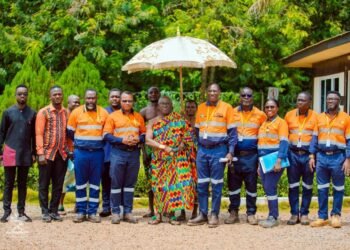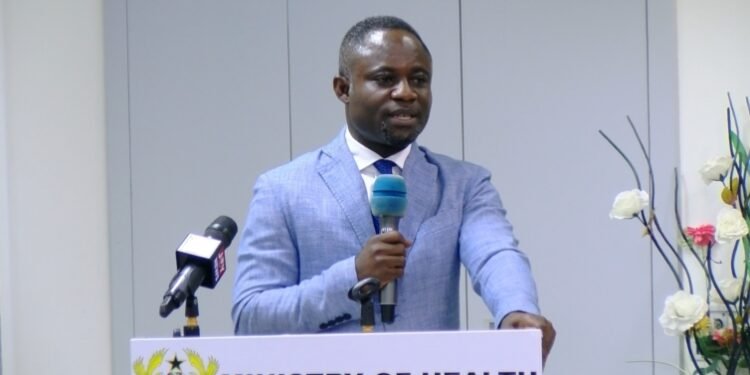Ghana is positioning itself as a key player in West Africa’s energy landscape with the development of the region’s first integrated petroleum hub.
At the Invest in African Energies: Accra Investor Briefing, Dr. Toni Aubynn, CEO of the Petroleum Hub Development Corporation (PHDC), emphasized the scale and ambition of the project.
“Our responsibility is to ensure that we bring the ideas of the state into reality: that is to build three refineries and five petrochemical plants.
“Ghana will be the first to establish a facility such as this. We are going to rely on investors to develop these important industries. Our target is local investors.”
Dr. Toni Aubynn, CEO of the Petroleum Hub Development Corporation (PHDC)
The project, which broke ground in 2024, is being executed in three phases spanning 2024 to 2036, with the goal of enhancing regional fuel security, reducing petroleum import costs, and positioning Ghana as a competitive player in the downstream petroleum sector.
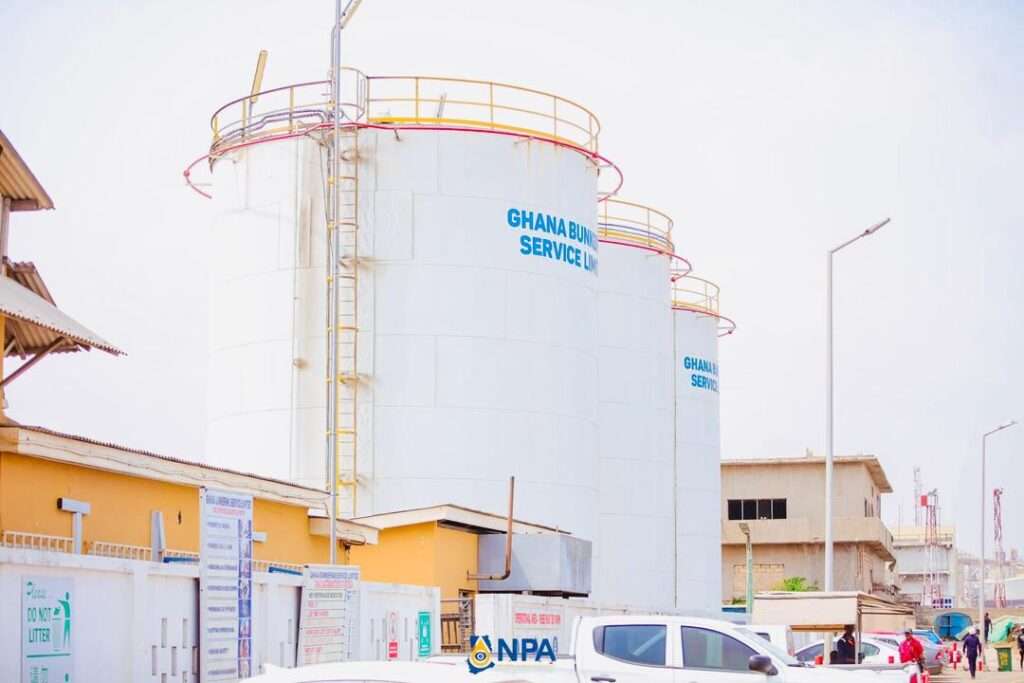
The first phase of the hub features a 300,000-barrel-per-day (bpd) refinery, a 90,000-bpd petrochemical plant, state-of-the-art storage tanks, and marine port infrastructure to facilitate fuel exports and imports.
This multi-billion-dollar initiative is strategically designed to reduce reliance on imported refined products, create local jobs, and unlock investment opportunities across the petroleum value chain.
The success of the petroleum hub is expected to complement TOR’s revitalization, building Ghana’s self-sufficiency in petroleum refining and reducing the country’s petroleum imports, which currently place a significant burden on foreign exchange reserves.
Currently, Tema Oil Refinery (TOR) is the country’s sole operating refinery, and efforts are underway to modernize its infrastructure to boost production capacity.
Dr. Yussif Sulemana, Managing Director of TOR, noted the importance of strategic investment in refining capabilities.
“Short-term, our strategy is to maximize existing assets.
“Medium- to long-term, we are looking at a partnership and strategic investment. We have a lot of investors interested and are looking for capital injection and expertise.”
Dr. Yussif Sulemana, Managing Director of TOR
Ghana to Strengthen BOST
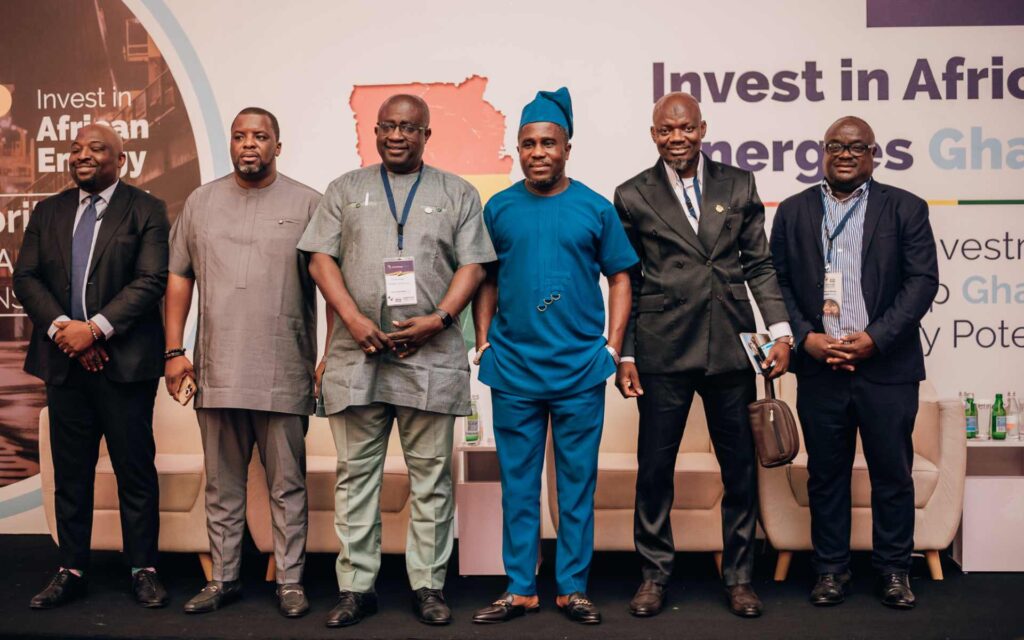
Beyond refining, Ghana is investing in petroleum storage and transportation infrastructure to enhance operational efficiency.
Bulk Oil Storage and Transportation (BOST), responsible for managing the country’s strategic fuel reserves, is scaling up efforts to reinforce the industry’s storage and pipeline networks.
“Going forward, we plan to double our fleet of barges and introduce a pipeline from Tema to the Accra Plains Depot.
“We want to develop another storage facility and ensure that we use alternative fuels.”
Nana Amoasi, Technical Advisor of BOST
These developments are expected to reduce logistical bottlenecks and ensure the timely distribution of petroleum products across Ghana and the wider West African market.
Beyond physical infrastructure, Ghana is placing a strong emphasis on local content development to ensure that its citizens benefit from the petroleum hub’s economic opportunities.
The Petroleum Commission is spearheading efforts to increase local participation across all petroleum activities. “We need to maximize the oil and gas industry, and to achieve the stability of the hydrocarbon industry, we need local content,” said Kwaku Boateng, Director of Economics and Local Content at the Commission.
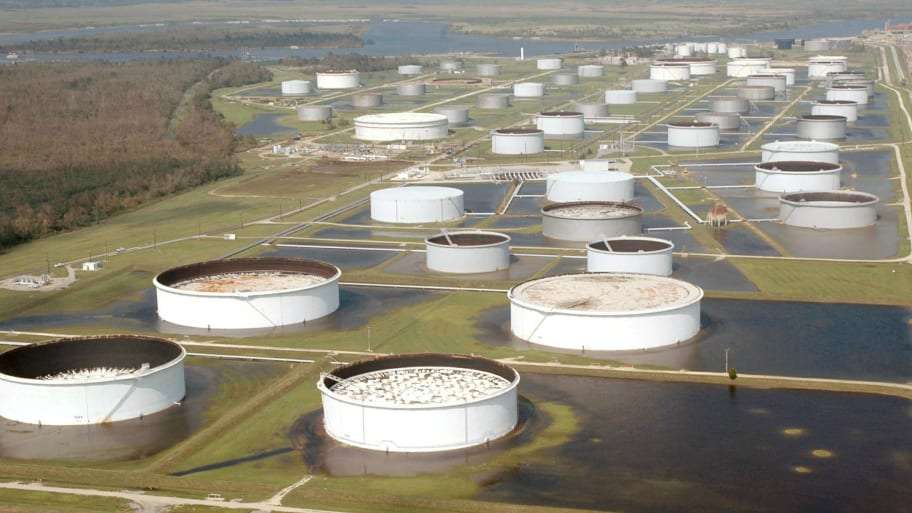
“At the Petroleum Commission, we have a strategy to ensure that across every petroleum activity, there is a Ghanaian possibility. Ghanaian companies are strong partners to the international oil companies.”
Kwaku Boateng, Director of Economics and Local Content at the Commission
However, challenges remain in terms of workforce readiness. David Pappoe, President of the African Energy Chamber in Ghana, highlighted the urgent need for capacity building and regional collaboration.
“Ghanaian companies have to build capacity… Without human capacity, technology and knowledge, you cannot compete.
“We want to drive collaboration across the African continent. Through collaboration, we will be on our way to ending energy poverty.”
David Pappoe, President of the African Energy Chamber in Ghana
The petroleum hub project is expected to unlock investment, create jobs, and bolster Ghana’s energy independence. With its large-scale refinery and petrochemical infrastructure, the initiative positions Ghana as a leading energy hub for West Africa’s growing fuel market.
With Ghana laying the foundation for a world-class petroleum hub, the country is set to shape the future of West Africa’s oil and gas industry, solidifying its place as a regional energy powerhouse.
READ ALSO: GSE Bleeds








